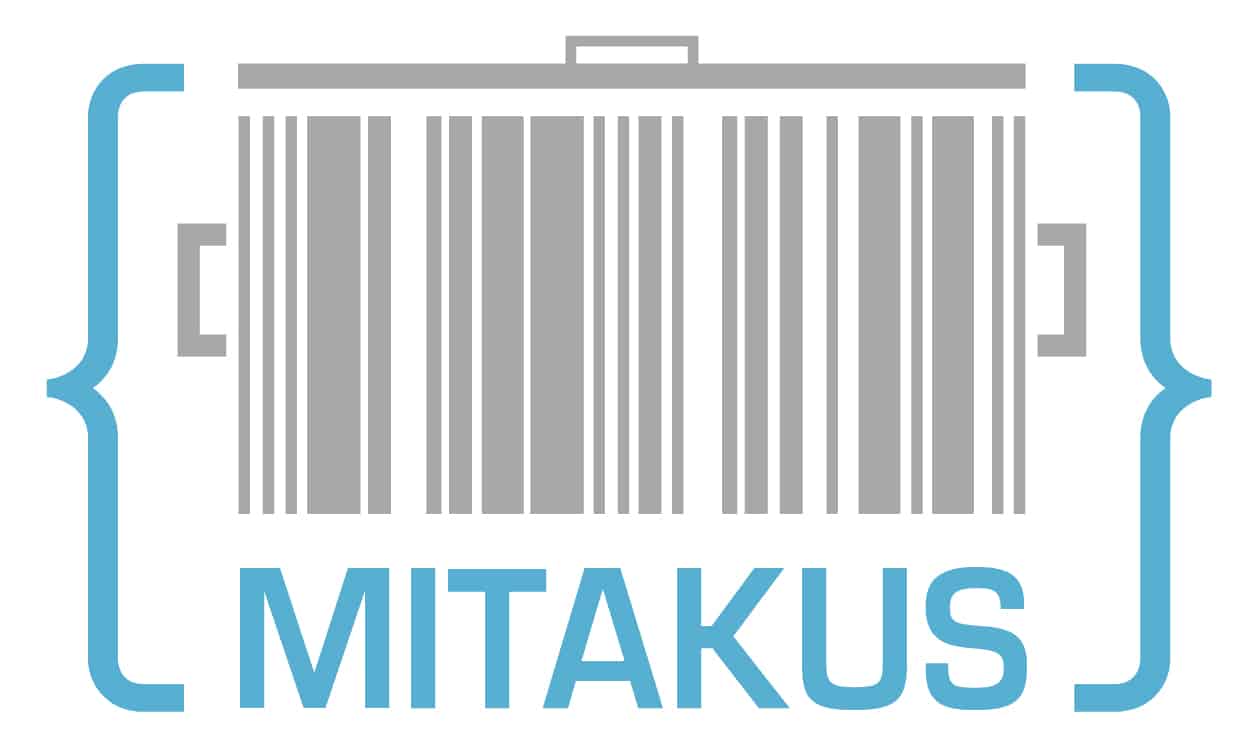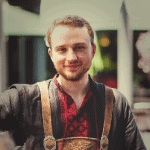Hackathon
Submission
Roman Wolkow
Mitakus Food Waste tracking
Mitakus approach is to offer a system of various solutions to reduce food waste in kitchens of food service businesses like restaurants and canteens. Food waste is a driver for negative environmental impact but also a cost driver for chefs and managers of kitchens. One of the major reasons for food waste is the lack of tracking and therefore knowledge of what is wasted when and why. We want to develop a tracking solution, based on an electronic scale, a display and a mounted camera to track all food that is thrown away. The exact food type should be recognized via image recognition of photos taken by the camera. The kitchen employees have only to choose the reason for the food being thrown away. That way we are able to track food waste and additional information to present to the chef and manager.

Project
Proposal
The proposal is to use existing image recognition algorithms and/or develop new ones and improve them to recognize simple meals and food items. The goal is to recognize and track the food`s weight and save the information to prepare it in a visual report to the chef and kitchen manager. In addition, the second goal is to integrate this tracking solution into the already existing ecosystem of Mitakus. We have already developed a demand prediction software and recommendation system, which could use the data from the food waste tracker. We have so far set-up a simple prototype with hardware and software based on AWS for the food tracker. In this project I am working together with my co-founder Boris Idesmann, who is a skilled data engineer and cloud architect.
Team
Members
Already registered before? Login first to Apply!
Register now & submit your request to join this team!
Join Roman Wolkow's Team!
Solution
Details
What region(s) or state(s) do you currently have operations in?
Germany, various customers for the prediction software
Is there a specific region or state where you plan to focus on for this project?
Germany, DACH-region, but also open to other regions and countries
How far developed is your proposal?
Prototype ready, needs testing, 3-6 weeks or more needed before implementation.
Is there any legal protection for the solution?
No
Latest
Submissions
Humanner – Collective Holistic Social Innovation Ecosystem Management
By Janos Deak
By the Humanner Cooperative Social Business Ecosystem model give financial self-sustainability and emerge the digital infrastructure to connect informal market, unlock the power at the bottom of pyramid, and deliver economic prosperity.
“A charity money has only one life. A Social Business money can be invested over and over again.” (Muhammad Yunnus)
Linking science and technologies to communities of our global society. Humanner’s social R&D focus on interweaving new models so smoothly and seamlessly into the currently prevailing system, that it will not be perceived as opposition, but rather as a higher quality competitive model, which gradually replaces the old one.
Our method is to create a high-quality example while showcasing our understanding of what it means to be human.
Humanner’s system work with a MULTI FUNCTIONAL holistic multisolving approach so that make the investment more impactful. Single investment of time and money – Defined as a way of solving multiple problems with the multisolving approach brings together stakeholders from different sectors and disciplines to tackle public issues in a cost-efficient manner
Humanner unite the two biggest volunteer sectors the Open Source and the Non Profit sector into a Social Business Innovation Ecosystem. We aim to explore how open source software, open source hardware, digital maker practices and open design can be effectively used by local communities to fabricate their own tools, make sense of their environments and address pressing environmental problems.
ProducePathway
By Sindhu Sundar
Policy proposal for collaborative food distribution networks utilizing existing nationally-accessible tools and organizations, and partnerships between community centers, hospitals, farmers, and distributors. Objectives are the identification of in-need communities to provide mobile markets and CSA boxes, as well as subsidization strategies to serve low-income areas.
Digital Surplus Management System
By Kubra Orak
Supported by UNDP to reach SDGs, Whole Surplus provides technology solutions to create value out of unsold inventory.[bc1] Placing technology at the heart of a crucial issue as food waste, Whole Surplus offers holistic and digital solutions to any type of surplus food, that is eligible for human consumption, animal feeding, recycling or landfilling and matches them with the right partner who offers the highest financial and social value. Moreover, the platform provides a data analytics dashboard to reduce waste at the source. With the help of the technology and network that is created, the aim is to reduce partners’ food waste-related carbon emission by 50% and to reach the zero-landfill goal.





